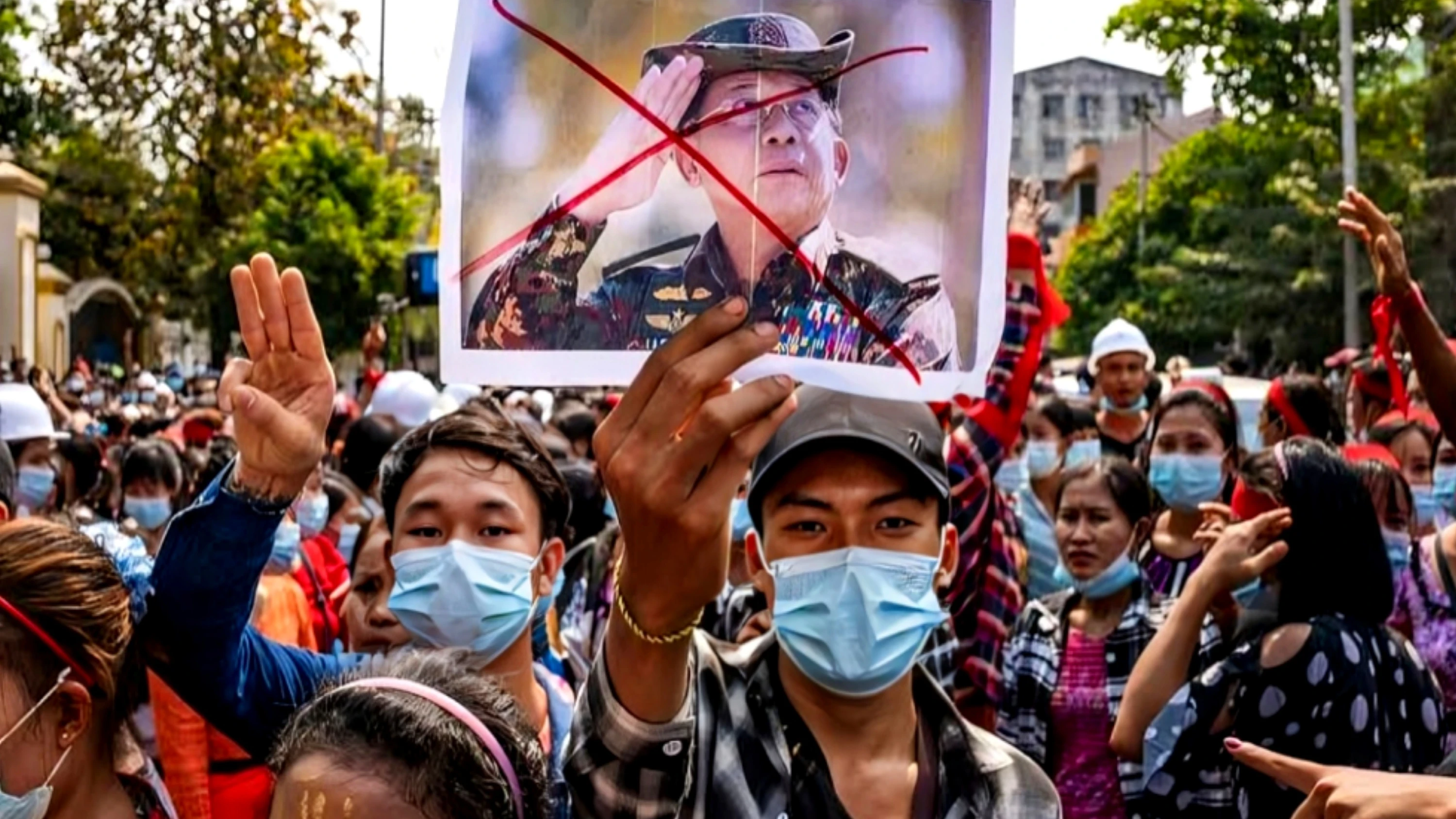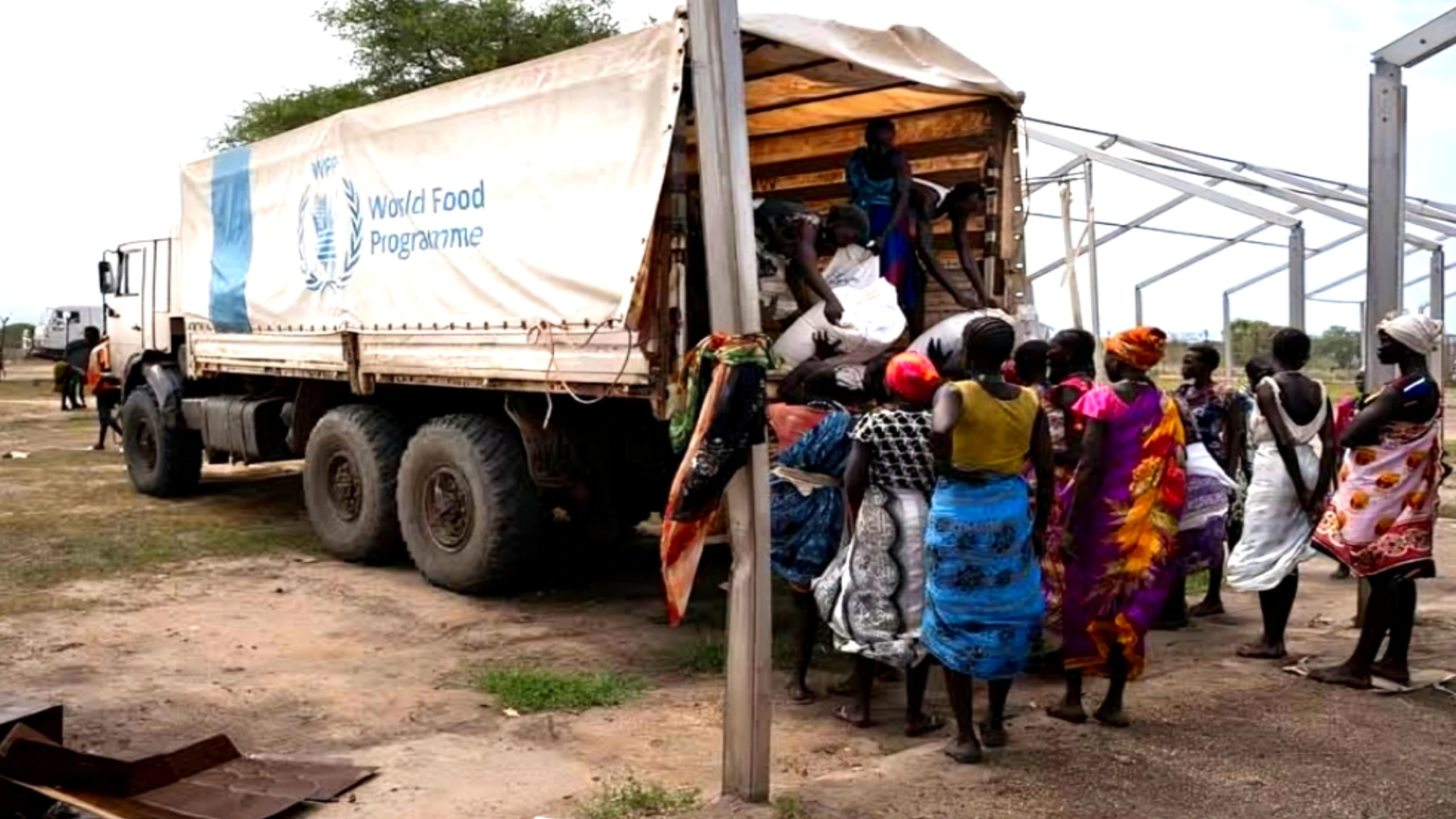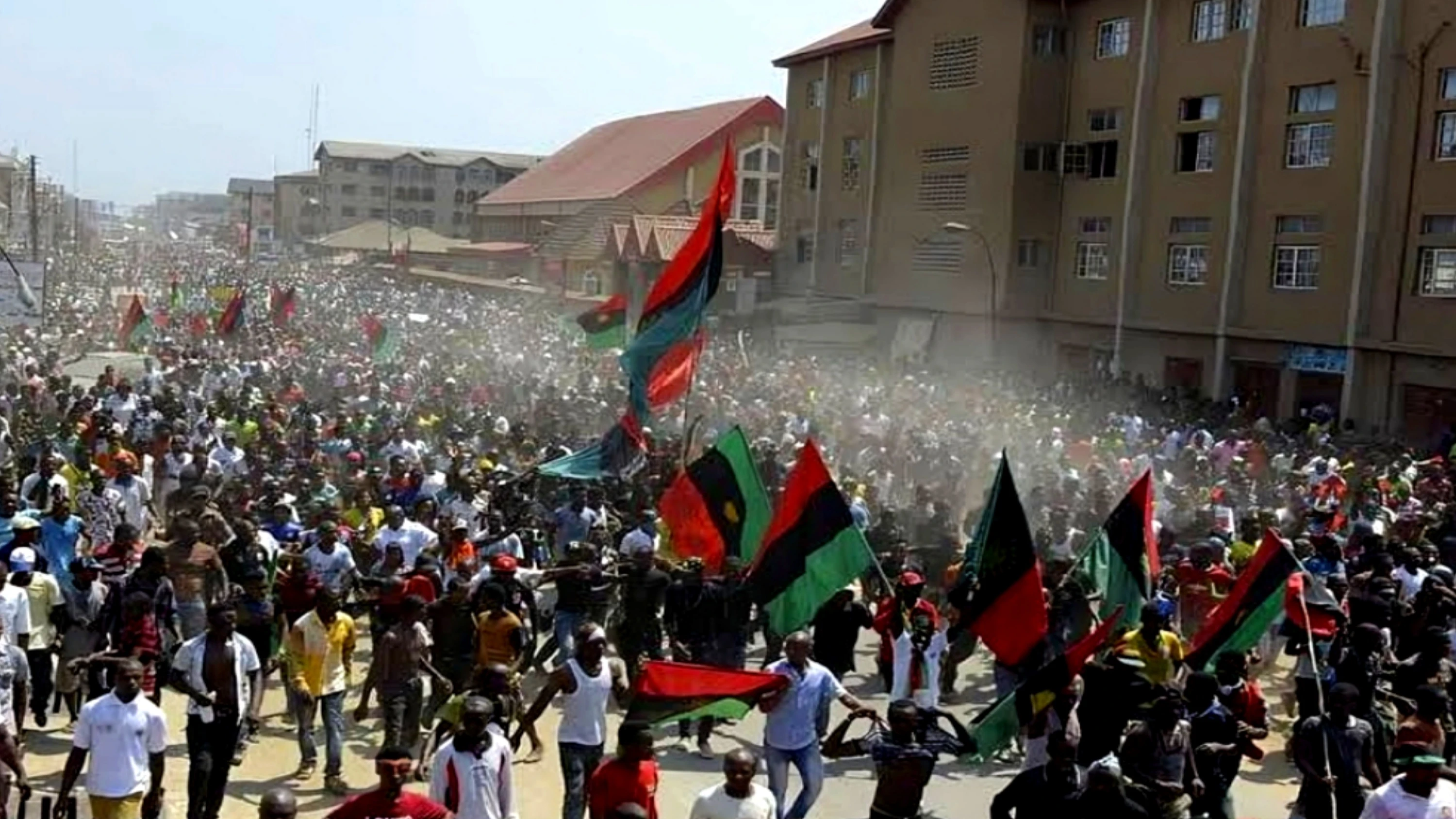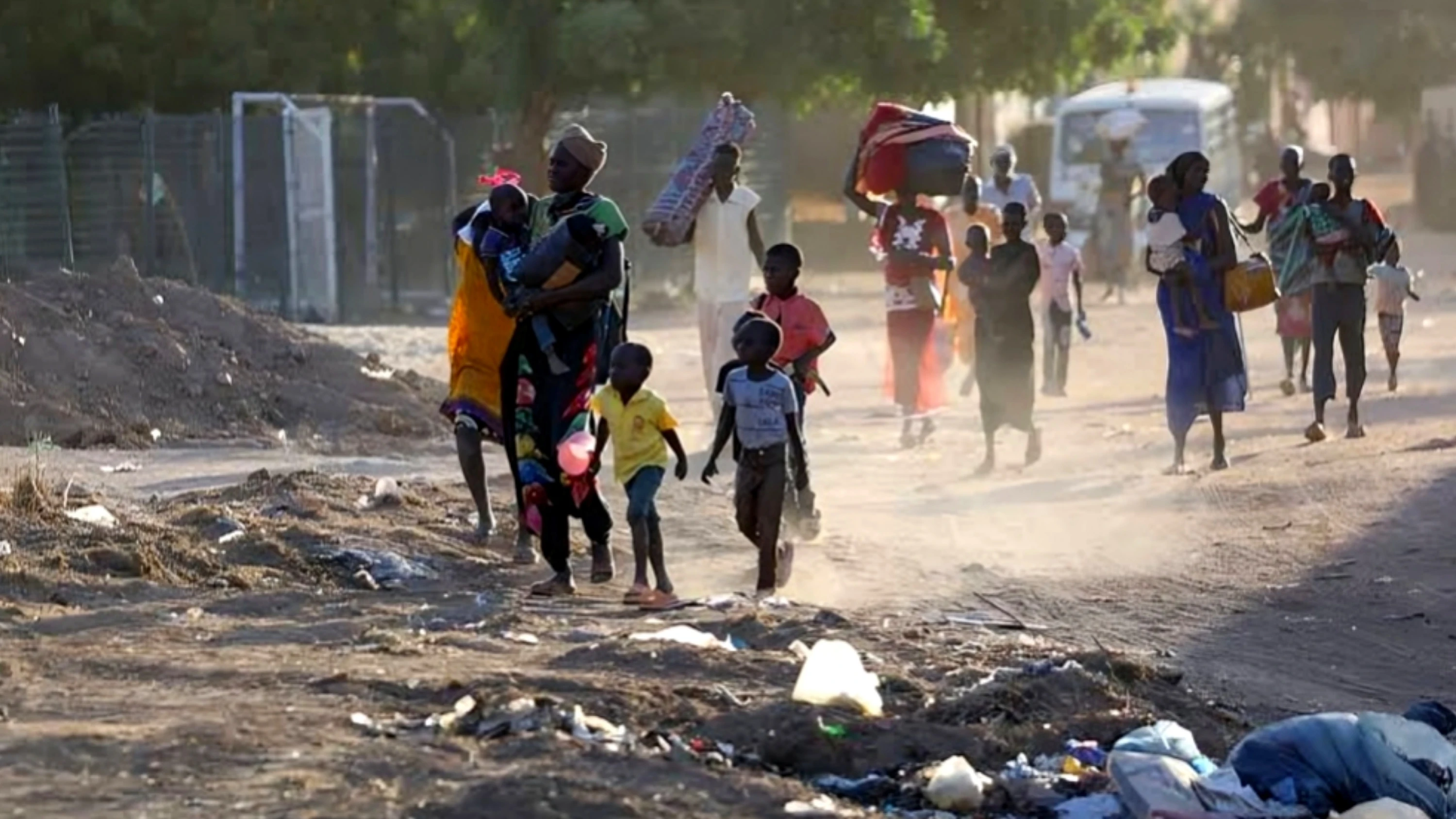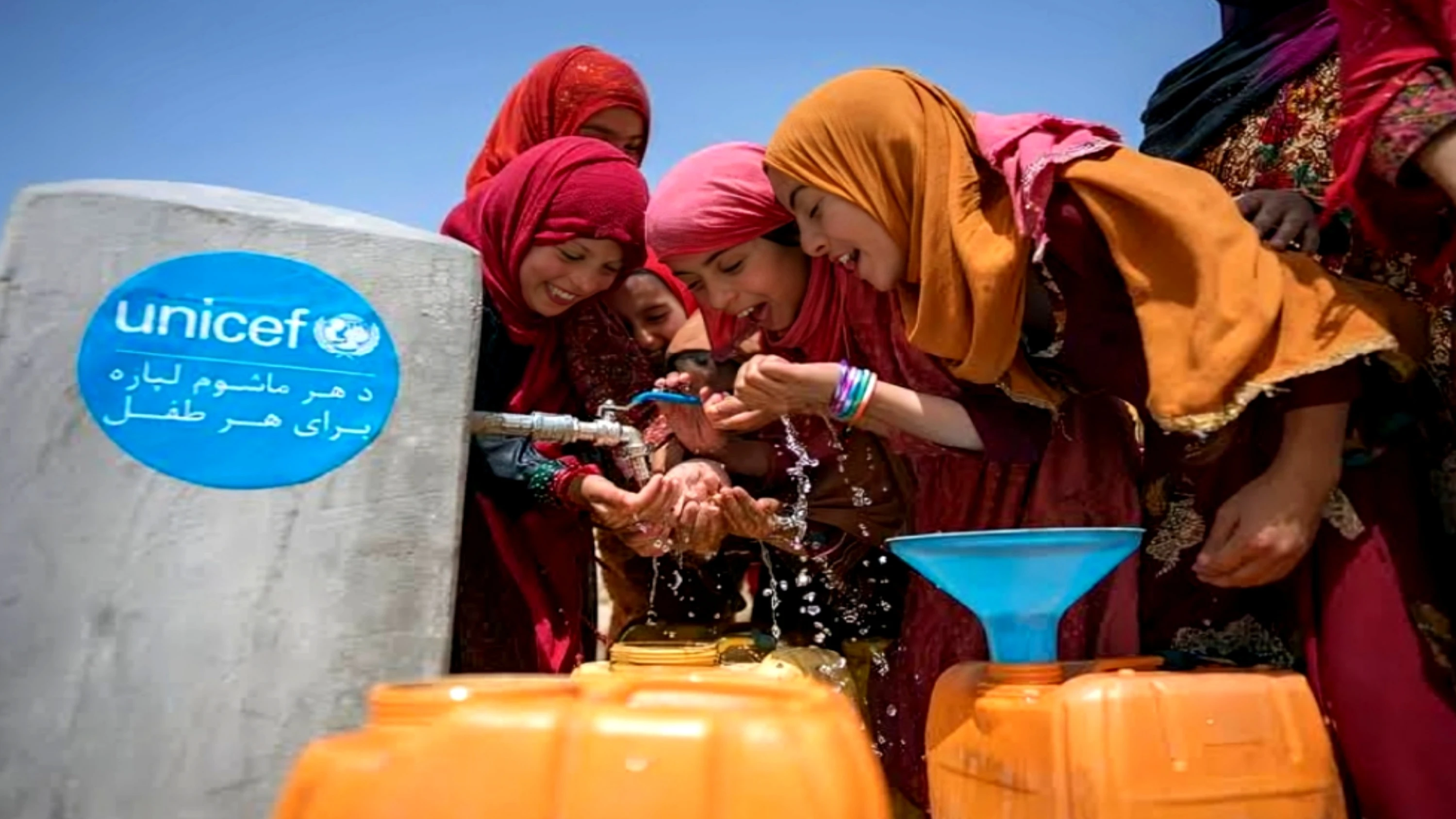Geneva: A new report by the United Nations Human Rights Office has shed light on the unwavering resistance of the Myanmar people against the military regime, despite years of repression, violence, and suffering.
The report, set to be presented to the Human Rights Council on 1 July 2025, calls for strengthened global efforts to support Myanmar’s pro-democracy movement and end military dominance.
UN High Commissioner for Human Rights Volker Türk emphasized that Myanmar’s political and humanitarian crisis, sparked by the 2021 military coup, continues to devastate every aspect of life. “The people of Myanmar have made their voices clear – they reject governance by force and are striving for a peaceful and inclusive democracy,” he said.
Drawing on months of consultations with citizens across Myanmar, particularly young people and ethnic minorities, the report outlines key priorities for rebuilding the country. It identifies four pillars for progress: accountability, good governance, sustainable development, and enhanced international and regional cooperation.
The document also highlights critical actors in the push for change, including youth, women, civil society groups, pro-democracy activists, and independent media. These groups are pushing for the dismantling of military-controlled institutions and economic monopolies, particularly those enriching the armed forces at the expense of the population.
Former detainees and legal professionals spoke of the judiciary’s complicity in human rights abuses, describing courts as extensions of the military apparatus. The report stresses that judicial reform is essential to restoring public trust.
Importantly, the report acknowledges the urgent need for justice for past and ongoing abuses, especially those targeting minority groups such as the Rohingya. It advocates for criminal accountability through international, domestic, or hybrid legal mechanisms and underscores the need to release all political prisoners, including prominent figure Aung San Suu Kyi.
Despite the turmoil, the report notes that many communities have begun establishing local democratic governance models, often led by women. Many displaced persons expressed a strong desire to return home and help build a just society, provided safety and rights are guaranteed.
The UN urges host countries to grant long-term legal status to displaced individuals, especially the Rohingya, so they can access essential services while in exile. The report also raises concerns over worsening food insecurity in Rakhine State and dwindling aid in refugee camps in Bangladesh, calling for sustained and increased humanitarian support.
The UN appeals to ASEAN and other international actors to step up assistance and adopt a more robust approach, including targeted sanctions and engagement with Myanmar’s democratic forces.
“This report is a blueprint for a future where human rights guide Myanmar’s recovery,” Türk said. “The resilience and vision of the Myanmar people offer hope for a democratic and peaceful future.”


